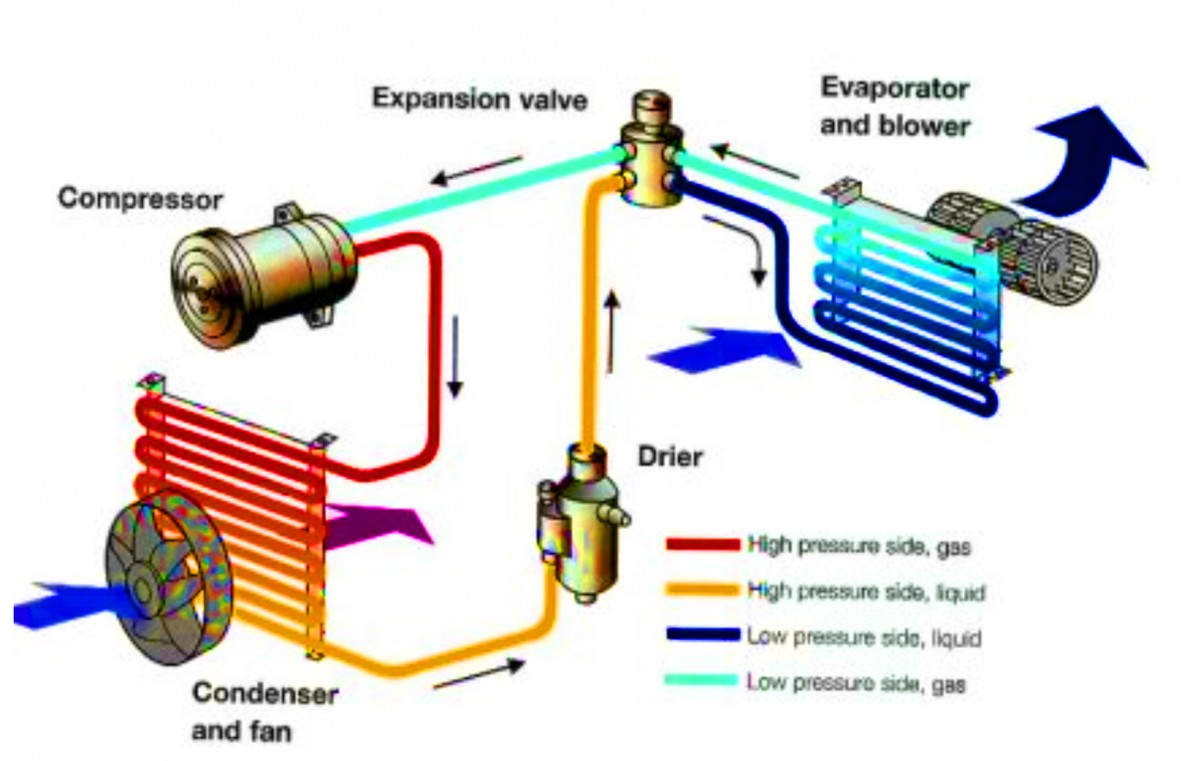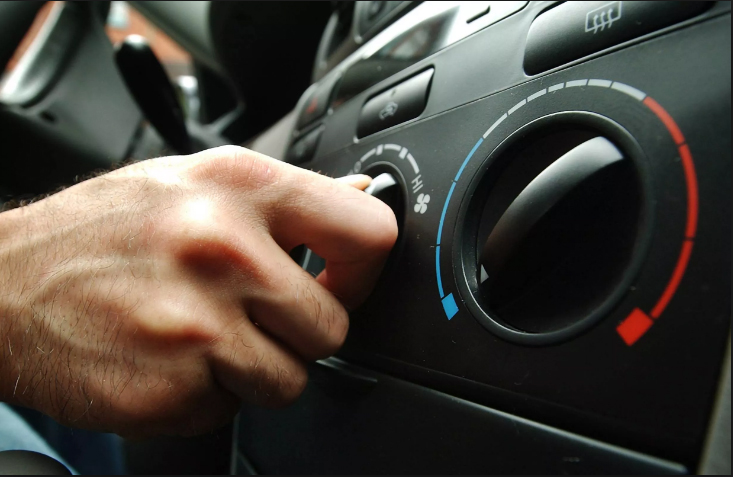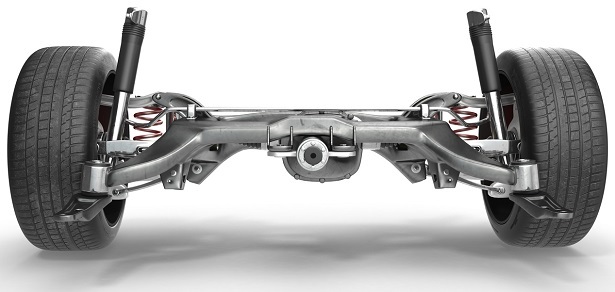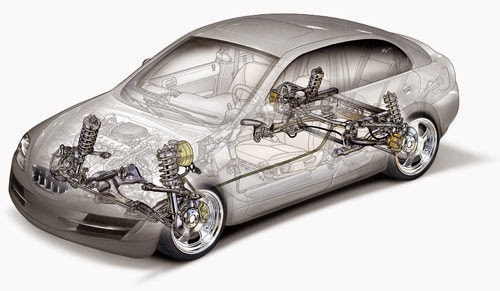Posted on 6/13/2017
.jpg)
A/C RepairEverything You Need to Know About Automotive Air Conditioning Maintenance (Part 3) NOTE: This is the third part of our series on automotive air conditioning maintenance. Please click here for Part 1, and please click here for Part 2. HVAC Technicians Know the Unit Specifications of Your Car ACSince every make and model is different, several requirements should be assessed only by a professional. There's always a need to ensure that the air conditioning unit is capable of heating and cooling the car sufficiently. Our professionals always ensure that the important parts of the repair and installation process are followed and carried out the right way. You'll Get Professional Tips and AdviceB ... read more
Posted on 6/12/2017

NOTE: This is the second part of our series on automotive air conditioning maintenance. Please click here for Part 1. Why Hiring a Professional Is the Best Choice Car air conditioning systems are very complex in nature, and when they stop working, or start to malfunction, you'll need to call us at 106St Tire & Wheel to repair it. Aside from that, here are some of the valid explanations why it's always best to consult a professional instead of trying to fix the problem yourself.• We Have Profound Knowledge Regarding Car Air ConditionersOur professional mechanics have years of experience, knowledge, and the right tools needed for making the heating and cooling system of your air conditioner work efficiently. Most car owners would think that it would be better to address the problem themselves as they'll be able to save money from doing so; what they fail ... read more
Posted on 6/9/2017

A/C RepairEverything You Need to Know About Automotive Air Conditioning Maintenance (Part 1) A car air conditioner plays a vital role in ensuring that the temperature inside the vehicle remains pleasant, especially during summer. That's why when an AC system breaks down, it's crucial to have it checked as soon as possible. Neglecting the issue would lead to further problems that could result to the contamination of the system. Worst case scenario, it would be impossible to fix after that. Additionally, experts suggest that you should never try to fix your car's air conditioning system if you don't have the tools or knowledge regarding how the system works because you'd be putting the safety of your environment and yourself at risk. Warning Signs That Your Automotive AC Needs Repair1. No Air Conditioning: Obviously, if you turn on your car, turn up the air and get nothing out of the vents, then you are facing some is ... read more
Posted on 6/8/2017

Steering and SuspensionWhen Does Your Car's Suspension Need Repair? (Part 3) NOTE: This is the third part of our series on steering and suspension. Please click here for Part 1, or here for Part 2. Even if you are not experiencing any noticeable signs of a worn out suspension system, you should still take your car for inspection after you have reached the mileage recommended by your manufacturer. Having said that, these are some of the specific signs that will help you know something is wrong with your car suspension system. 1. Car rides roughlyThis is the most common indicator of a worn out suspension. Most people are able to tell when their struts or shocks are worn out when they begin to feel their vehicle bounce or if they feel every pothole in the road. You might also notice ... read more
Posted on 6/7/2017

Steering and SuspensionWhen Does Your Car's Suspension Need Repair? (Part 2) NOTE: This is the second part of our series on steering and suspension. Please click here for Part 1. If the suspension system wears out, you will feel it in how your car drives. If your ride is not smooth, wanders, pulls you to one side, or handles poorly, you should come here to 106St Tire & Wheel so we can take a look at your suspension system. If your shocks leak oil, for instance, it means the shocks need to be replaced. Some parts of your system might just need some lubrication to get back to their normal working conditions. You will also need to repackage wheel bearings every few years. If you get involved in an accident, however minor, there are chances that you've damaged your suspension system or your wheels have been knocked out of alignment. Something as s ... read more